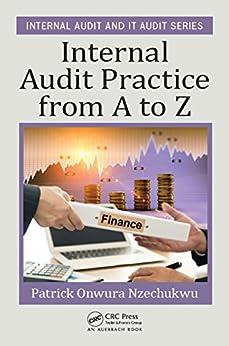Question
1. Cash received by an employee from an employer: a. Is never included in gross income until it is earned. b. Is not taxable unless
1. Cash received by an employee from an employer:
a. Is never included in gross income until it is earned.
b. Is not taxable unless the employer is legally obligated to make the payment.
c. May never be excluded from gross income.
d. Will be excluded from gross income only if it is a loan.
e. May be excluded from gross income if it is reimbursement for medical expenses.
2. Carin, a widow, elected to receive the proceeds of a $150,000 life insurance policy on the life of her deceased husband in 10 installments of $18,500 each. Her husband had paid premiums of $60,000 on the policy. In the first year, Carin collected $18,500 from the insurance company. She must include in gross income in that year:
a. $1,500.
b. $2,500.
c. $3,500.
d. $15,000.
e. $16,500.
3. Julie was suffering from a viral infection that caused her to miss work for 90 days in 2019. During the first 30 days of her absence, she received her regular salary of $8,000 from her employer. For the next 60 days, she received $10,000 in salary replacement under an accident and health insurance policy she purchased for herself. During the last 30 days, Julie also received $8,000 on an income replacement policy purchased by her employer. In addition, the employers policy paid $5,000 in medical bills. All of her sick days and all of the payments occurred in 2019. Of the $31,000 she received, how much does Julie exclude from her gross income?
a. $14,000.
b. $15,000.
c. $17,000.
d. $16,000.
e. $20,000.
4. Ron, age 19, is a full-time graduate student at City University. During 2019, he received the following payments or benefits:
Cash award for being the outstanding resident adviser $ 500
Resident adviser dormitory charge waived 2,500
State scholarship for ten months (tuition and books) 6,000
State scholarship (meals allowance) 2,400
Loan from college financial aid office 3,000
Cash support from parents 3,000
$17,400
Ron served as a resident advisor in a dormitory, which meant he was required to live in one of the rooms. What is Rons gross income for 2019 from these receipts?
a. $2,900.
b. $3,900.
c. $9,000.
d. $12,400.
e. $15,400.
5. Last year, Marion was in an automobile accident during the course of his employment. As a result of the physical injuries he sustained, he received the following payments during the current year:
Reimbursement received from a medical insurance policy he purchased for medical expenses he paid earlier this year $10,000
Damage settlement to replace his lost salary 15,000
With respect to these payments, what is the amount that Marion may exclude from gross income?
a. $25,000.
b. $15,000.
c. $12,500.
d. $10,000.
e. $0.
Step by Step Solution
There are 3 Steps involved in it
Step: 1

Get Instant Access to Expert-Tailored Solutions
See step-by-step solutions with expert insights and AI powered tools for academic success
Step: 2

Step: 3

Ace Your Homework with AI
Get the answers you need in no time with our AI-driven, step-by-step assistance
Get Started


